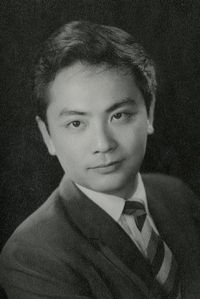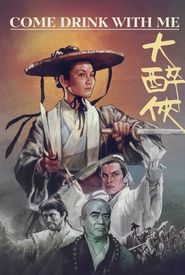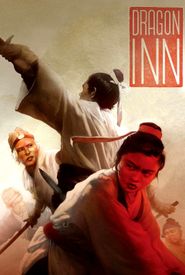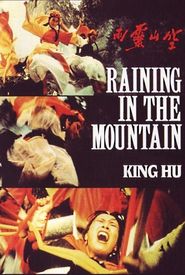As a young individual, he embarked on a journey of artistic expression, pursuing his passion for art at a prestigious school in Beijing. However, as the tides of fate shifted, he made the bold decision to leave his homeland and relocate to the vibrant city of Hong Kong in 1949.
Upon his arrival, he threw himself into the thriving film industry, initially finding his footing in the art department in 1951. As his skills and confidence grew, he began to explore the world of acting in the 1950s, eventually joining the esteemed Shaw Brothers as an actor and writer in 1958.
As his talents continued to flourish, he naturally progressed to take on the role of director, further solidifying his position within the film industry. However, the allure of independence and creative freedom proved too great, and in 1967, he decided to take the plunge and establish his own studio in Taiwan.
After a few years, he returned to his roots in Hong Kong, where he continued to work tirelessly in the film industry, traversing the borders between Hong Kong, Taiwan, and China. His remarkable career, spanning decades, was marked by a dedication to his craft, a willingness to take risks, and an unwavering passion for storytelling.





















